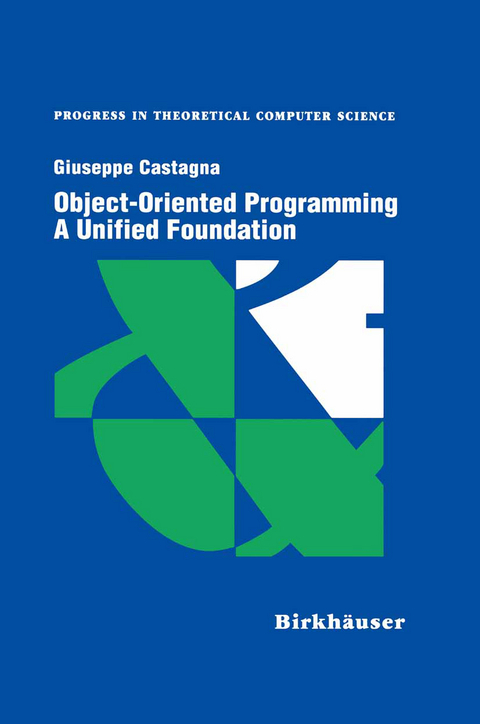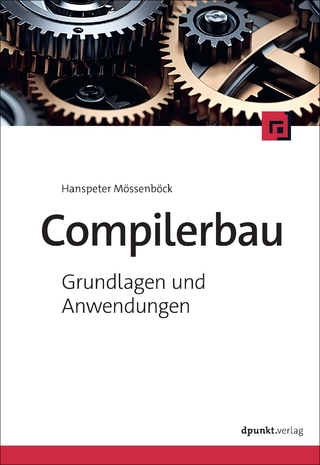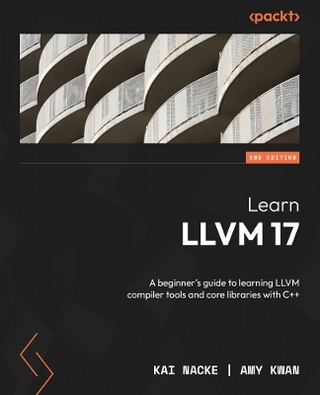
Object-Oriented Programming A Unified Foundation
Springer-Verlag New York Inc.
978-1-4612-8670-7 (ISBN)
I Introduction.- 1 Background and notation.- 2 A quick overview.- II Simple typing.- 3 Object-oriented programming.- 4 The ?&-calculus.- 5 Covariance and contravariance: conflict without a cause.- 6 Strong Normalization.- 7 Three variations on the theme.- 8 Interpretation of object-oriented languages.- 9 Imperative features and other widgets.- 10 Semansttics.- III Second order.- 11 Introduction to part III.- 12 Second order overloading.- 13 Second order overloading and object-oriented programming.- 14 Conclusion.- IV Appendixes.- A Specification of KOOL.- A.1 Terms.- A.2 Pretypes.- A.3 Subtyping.- A.4 Auxiliary Notation.- A.5 Typing Rules.- B Formal definition of the translation.- B.1 Without mutually recursive methods.- B.2 With recursive methods.- B.3 Overloaded functions.- B.4 Correctness of the type-checking.
| Reihe/Serie | Progress in Theoretical Computer Science |
|---|---|
| Zusatzinfo | XVIII, 366 p. |
| Verlagsort | New York, NY |
| Sprache | englisch |
| Maße | 155 x 235 mm |
| Themenwelt | Mathematik / Informatik ► Informatik ► Programmiersprachen / -werkzeuge |
| Informatik ► Theorie / Studium ► Compilerbau | |
| ISBN-10 | 1-4612-8670-0 / 1461286700 |
| ISBN-13 | 978-1-4612-8670-7 / 9781461286707 |
| Zustand | Neuware |
| Haben Sie eine Frage zum Produkt? |
aus dem Bereich


